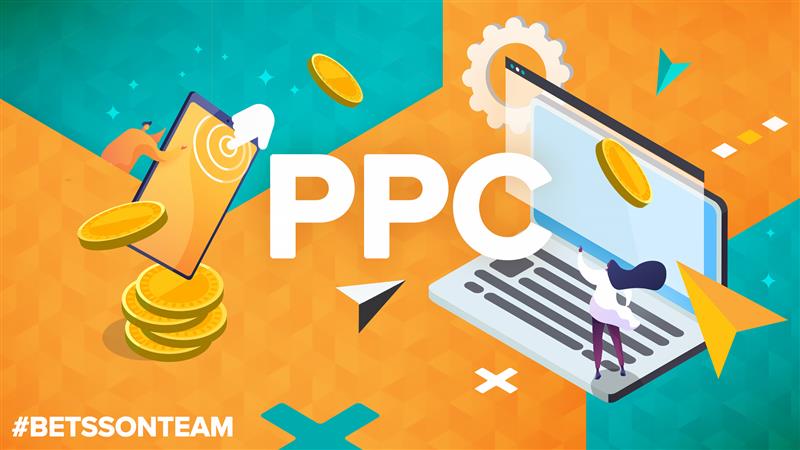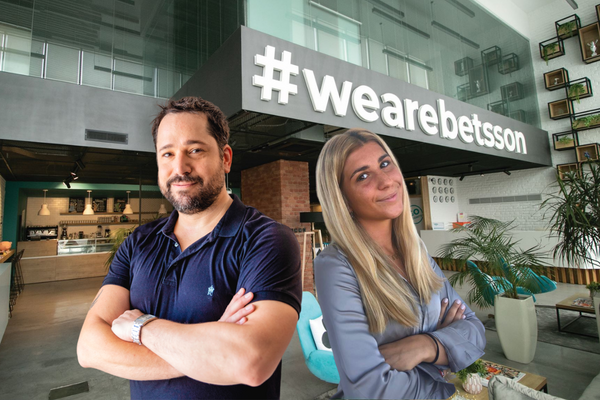Taming the beast that is PPC automation

These days it has become more and more difficult (and more expensive) to rank high on the money keywords. Even longer tail keywords based on voice searches are proving to be a challenge, as the search engines play around with changes to the behaviour of keyword match types.
In the igaming industry in particular, with all the limitations that being in a sensitive category has on paid search, the cost of acquisition can be prohibitive for operators and affiliates with limited budgets. We are aware that the break-even point is months ahead, and PPC requires a solid and consistent investment to generate healthy long-term results. We have seen businesses and marketers fail with their pay-per-click (PPC) campaigns due to a lack of patience and understanding that PPC is not a one-size-fits-all solution. It takes time and effort. It may take months of operating at a loss to finally see those green numbers at the end of your report table. Some advertisers may never even get to see them.

The artificial intelligence (AI) input in paid search has levelled the playing field between novice and experienced PPC marketers. It has brought many advantages and freed valuable time that used to be dedicated to manual adjustments to be allocated to other tasks: data analysis, strategy and creative writing, to name a few. But allow us to propose a challenge: when you look back at your Google Ads and Bing Ads campaigns from five years ago and compare them with today’s numbers, are your key performance indicators (KPIs) looking better with automation? Surprisingly, in many cases, the answer is no. AI has somewhat limited the freedom and creativity of human PPC marketers. Most of us have been using the marvellous out-of-the-box and state-of-the-art smart bidding strategies, but continue to struggle to generate healthy margins.
We are not against automation. On the contrary, we have always been an advocate of using scripts and automating repetitive tasks. But automation seems to have taken away the fun of doing PPC. We are now operators of these complex machines, pilots flying with instruments, relying more and more on technology. What happens when these instruments fail or ‘misbehave’? A nose dive, perhaps? And to whom do those instruments belong? The very same entities that are billing us monthly for our ad spend. This isn’t a revelation; we all know about it. But to what extent should we rely on the plethora of conversion signals that search engines provide to us, especially in an industry in which using any first-party data is prohibited?
There is an ongoing debate about whether AI automation was built to help us, or to help the search engine operators themselves. By creating a level playing field, newer and less experienced advertisers are welcomed and can now reach results they could never have dreamed of in the past. More competitiveness leads to higher cost-per-clicks (CPCs) and demands higher budgets than before for the same number of conversions. It seems like we cannot escape this reality.
Many elements can be automated these days – bidding and ads used to be the soul of PPC, and marketers that dominated that knowledge along with running and monitoring A/B tests stood out from the crowd. They’re now drowning in the competitive growth that AI has been supporting.
Competitive growth plays in favour of those who are capable of running efficient data analysis. Understanding how to dig into that data and complement it with Google’s own will reap a richer set of insights and optimisation that best targets your audience. In a digital world built for measurement, user behaviour and interaction with your brand is readily available to those willing to unscramble and put together the puzzle across available data sets.
With a healthy level of scepticism, AI and automation are the tools to do a modern-day marketer’s job efficiently, lest we be left in the past.
However, a solid foundation of aggregated and aligned internal and external data is needed. Measurement complements automation to reach efficiency. Often forgotten is the fact that data is spread across multiple platforms, and once measured it requires a solid data storage and processing infrastructure.
Experimenting will allow you to achieve small but ongoing improvements, while efficient data analysis will lead to precise answers that can have a positive impact on the KPIs that you set. It also makes a difference to have an excellent product. Many elements can be automated, but the user experience with your product will be vital for the success of your marketing endeavours.
And what does the future of automation and AI look like according to Google? We can get a glimpse of it through Google’s latest Performance Max campaigns. A promise that automation can deliver on your specific advertising objectives if you provide it with a healthy mix of internal data, targets, audiences and creatives across multiple advertising offerings. How well does this work? The jury is still out.
So, after everything has been said… How can your paid search campaigns stand out from the competition? All things being equal, with AI and automation available to everyone, the key is having a full and deep understanding of your brand and product – and the data to represent them. Google will take it from there.
Rafael Vieira is global PPC lead and Sabrina Rabini a PPC specialist, both at Betsson Group
